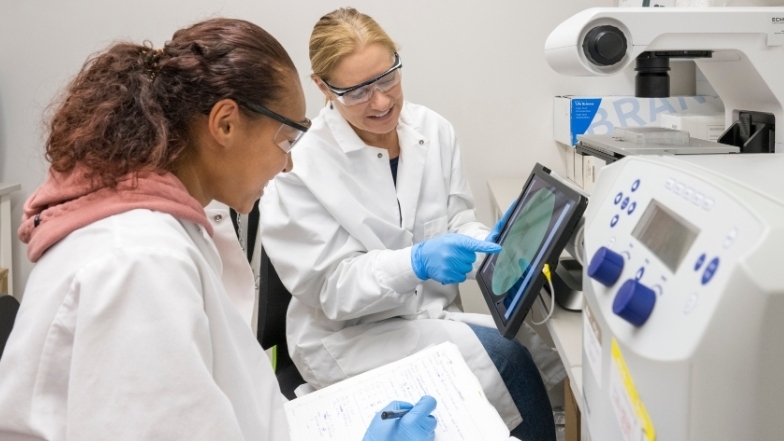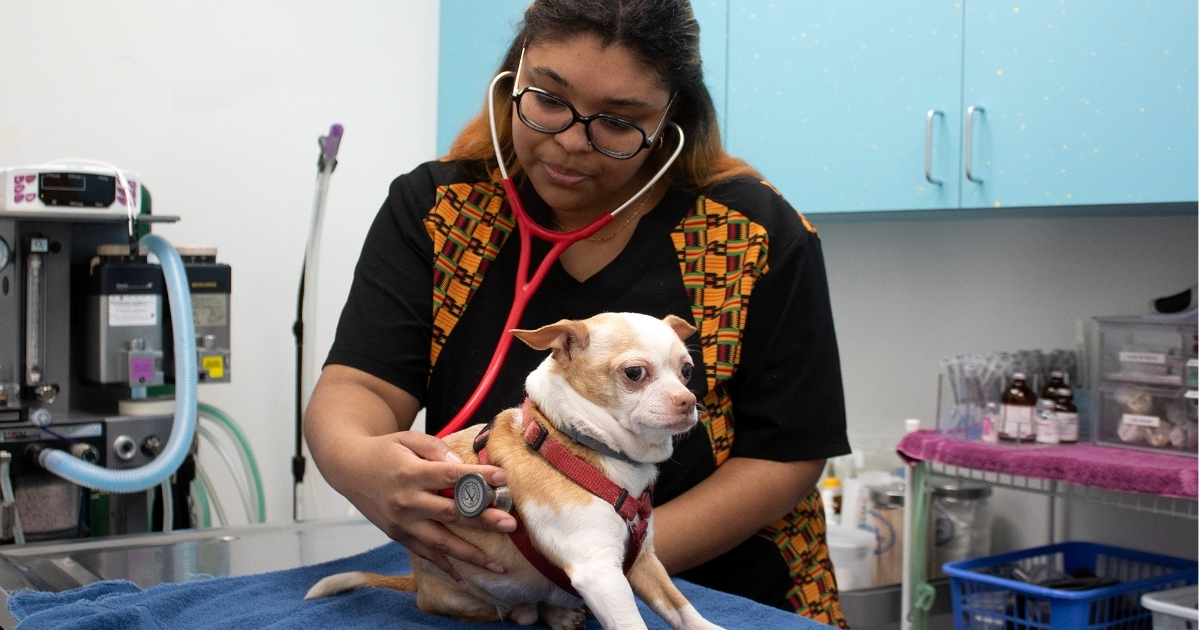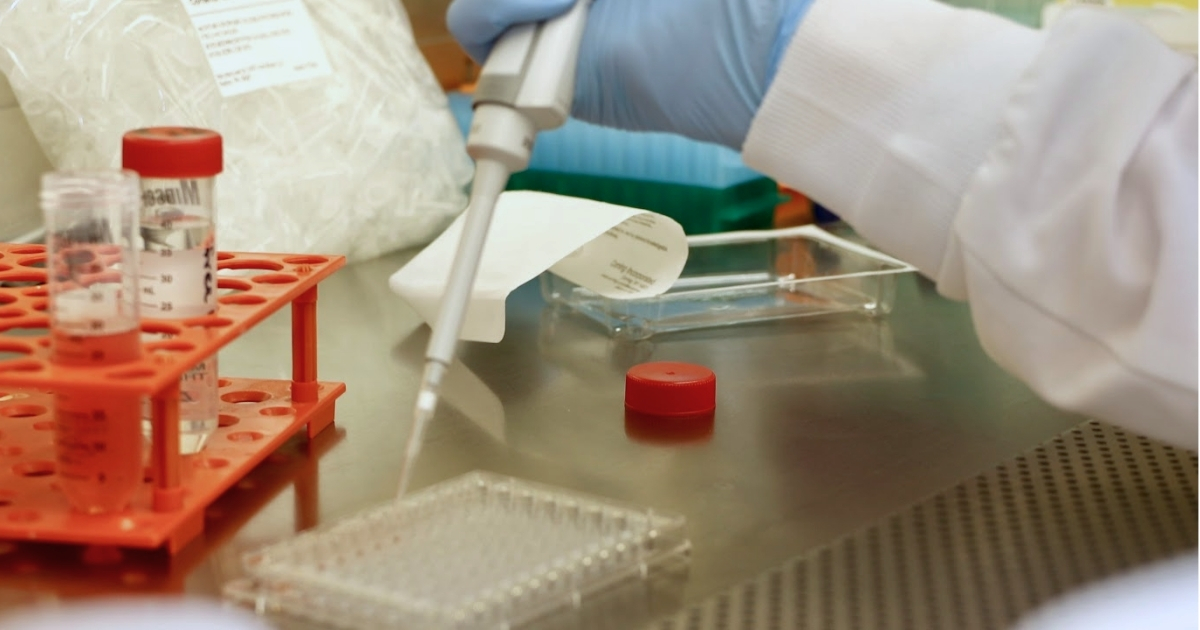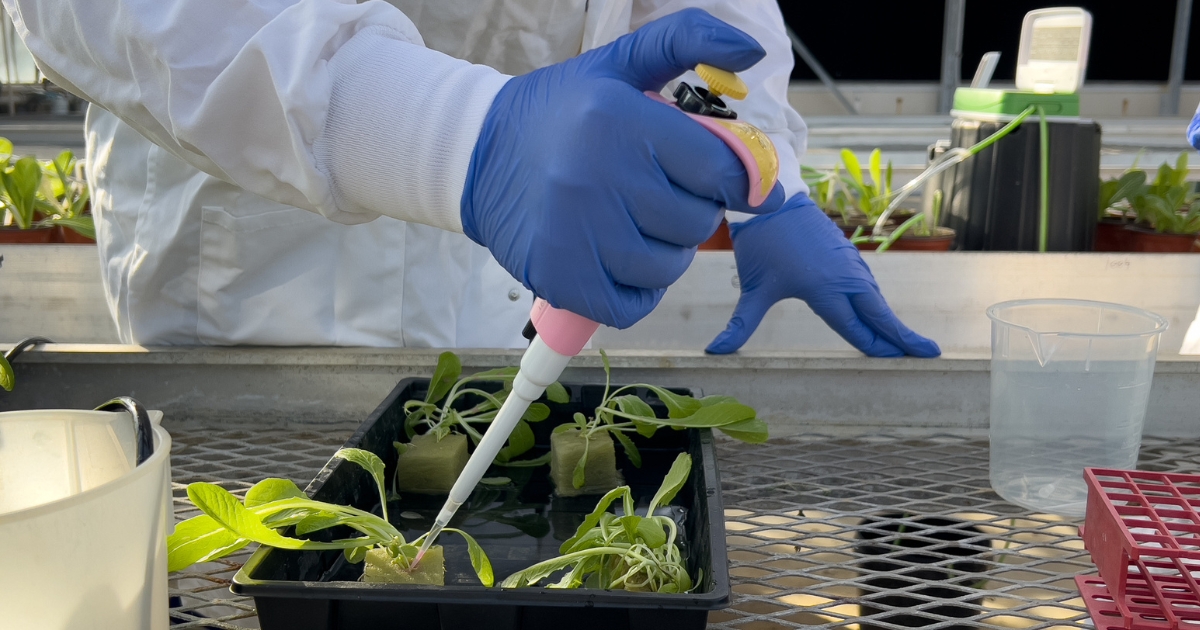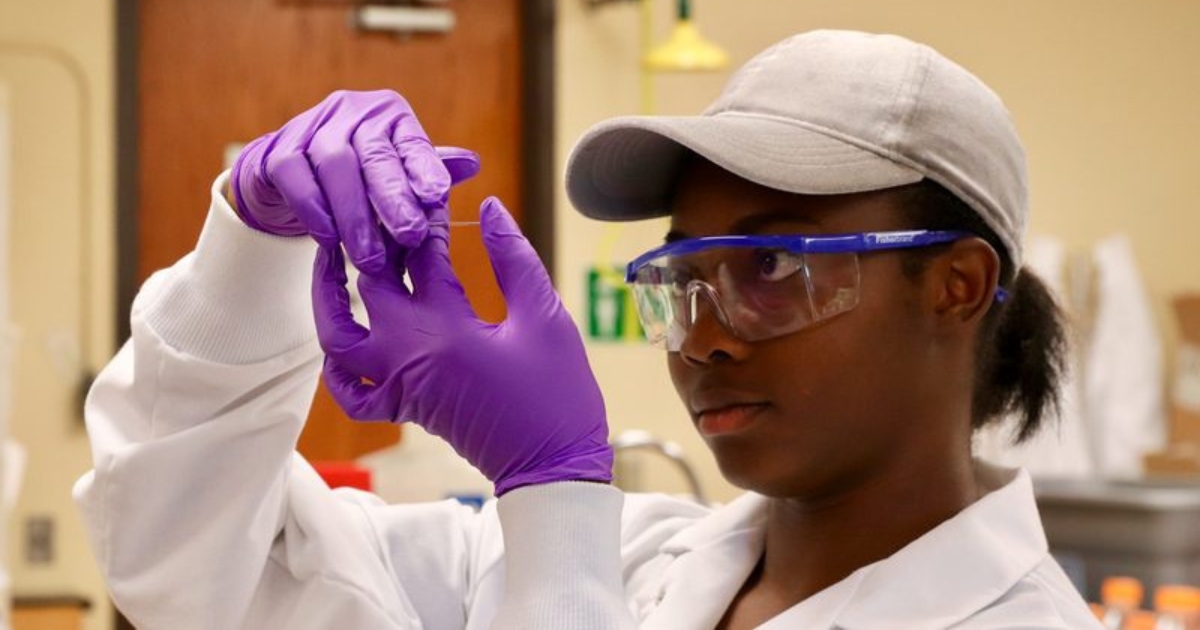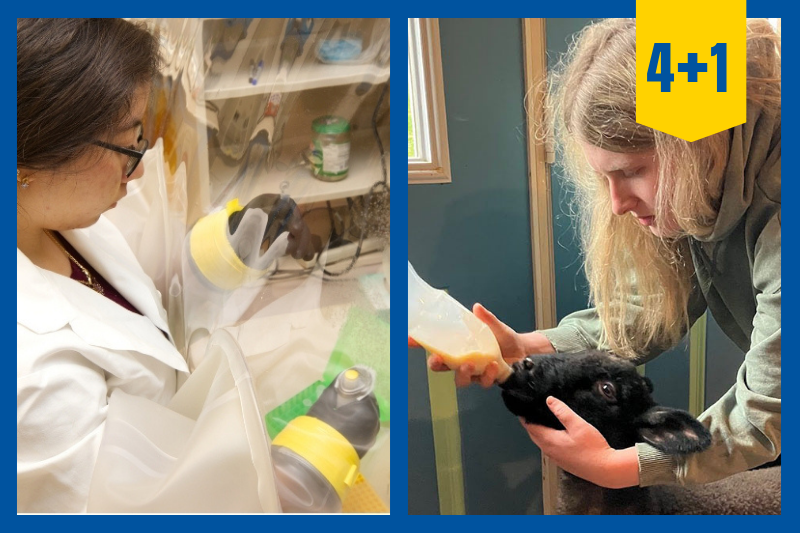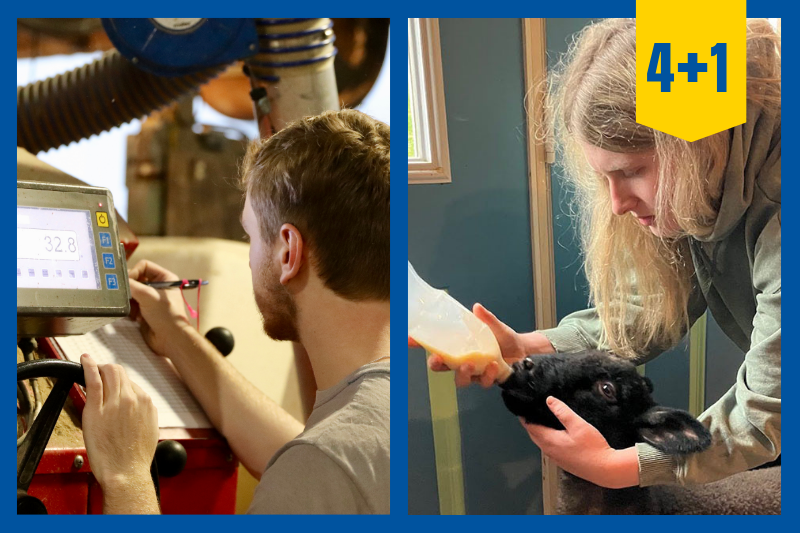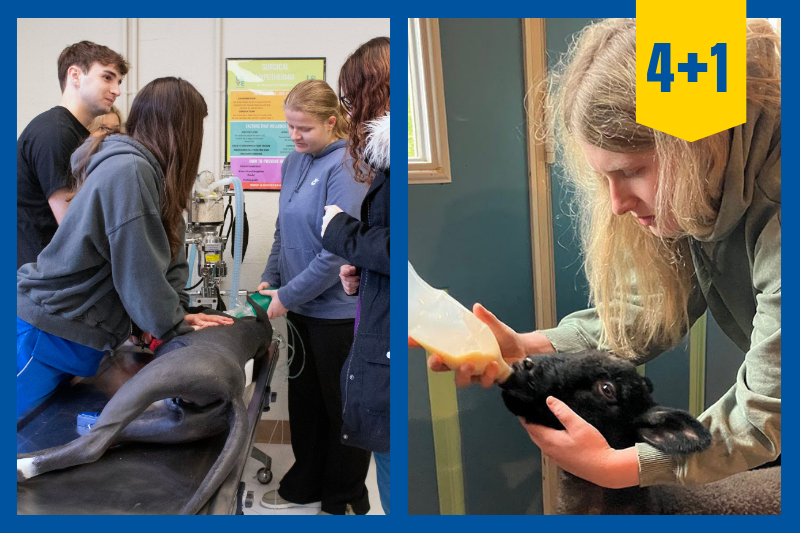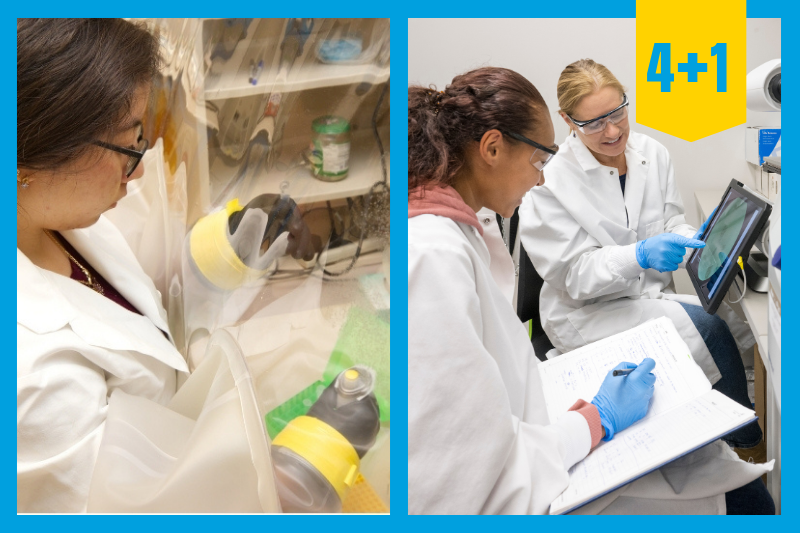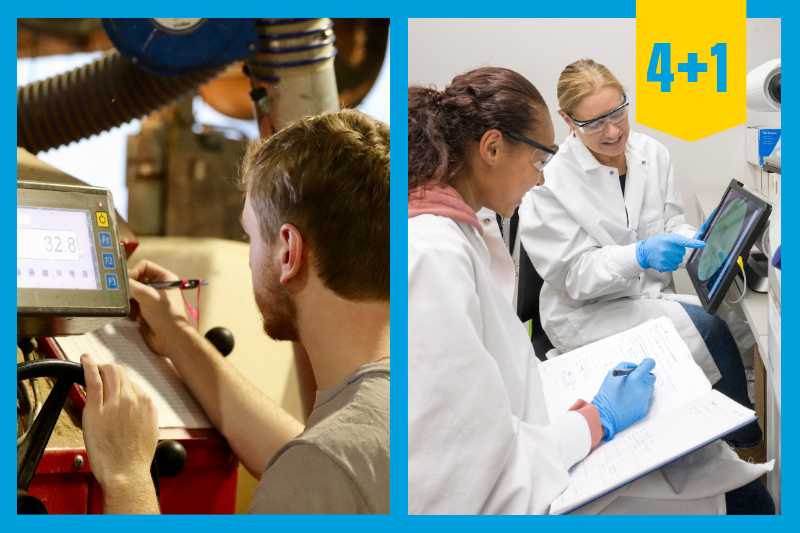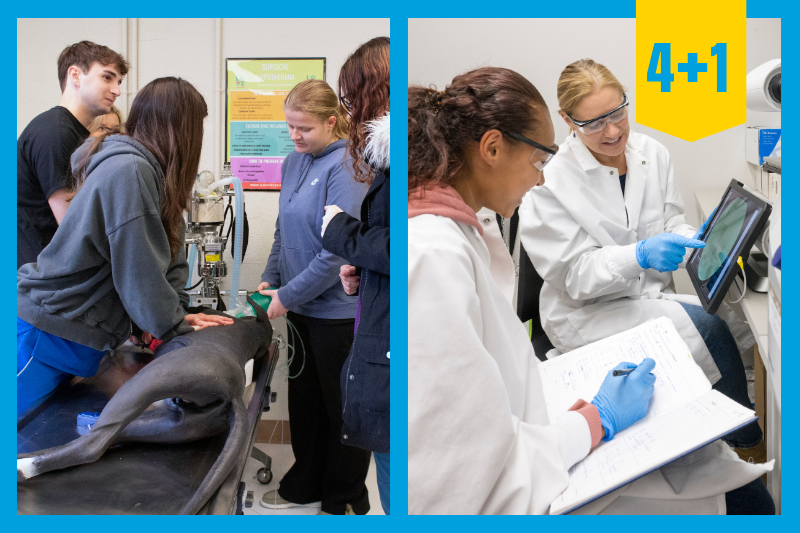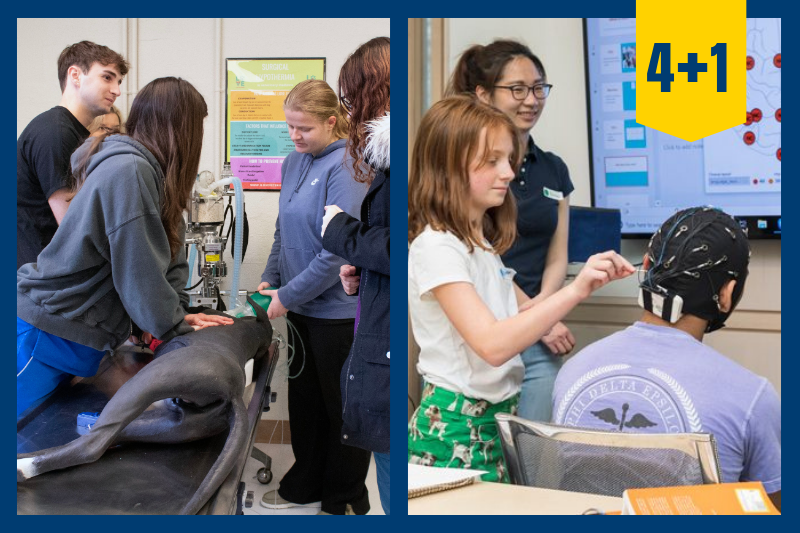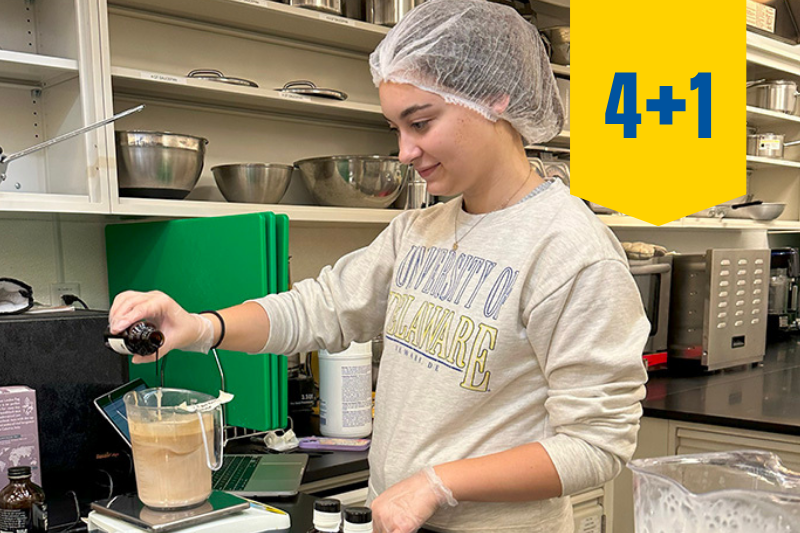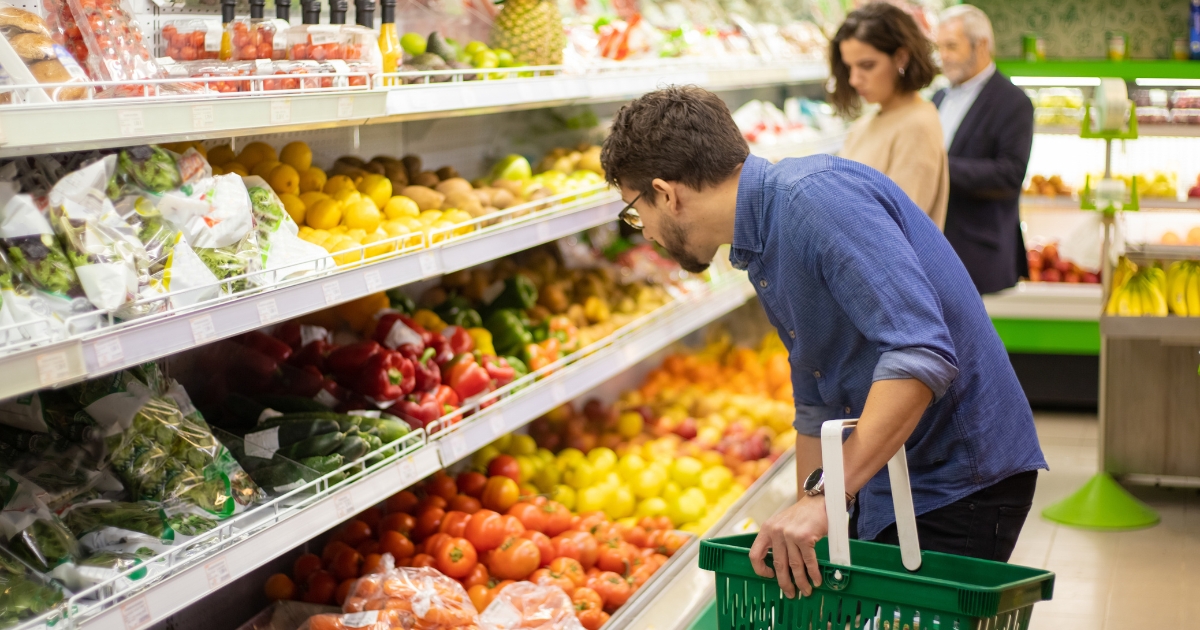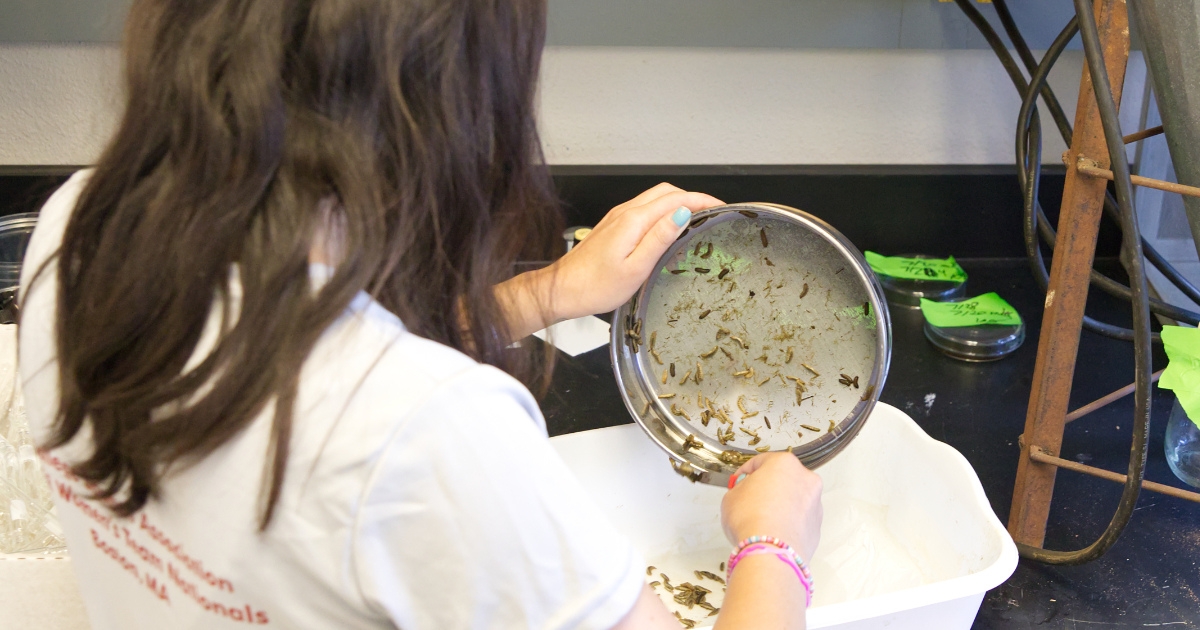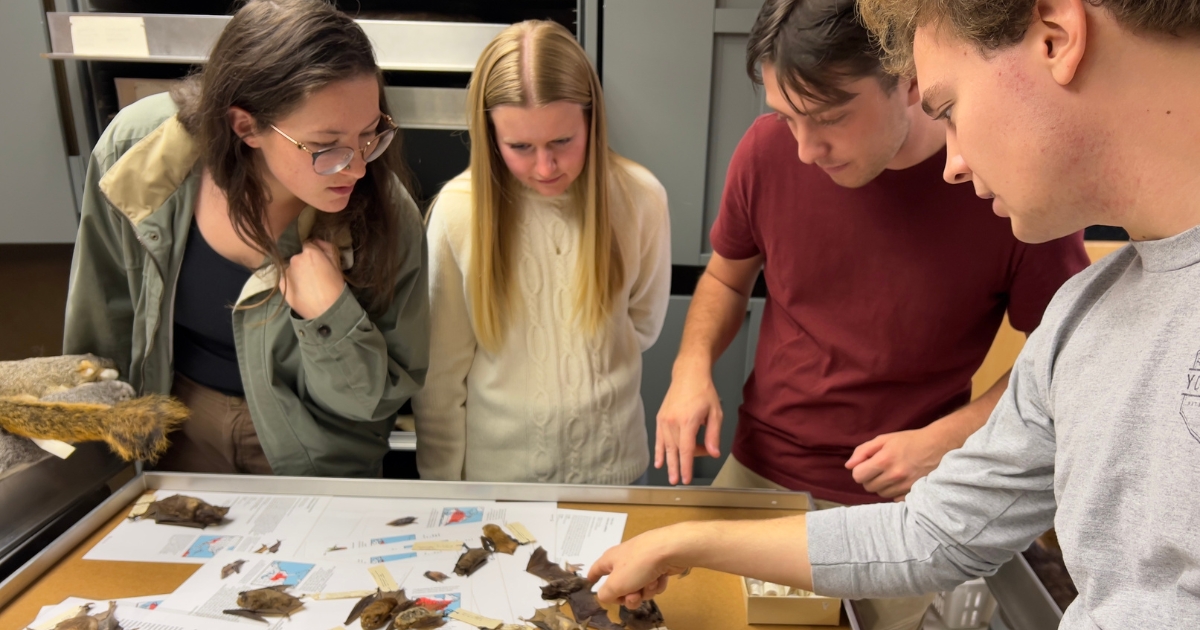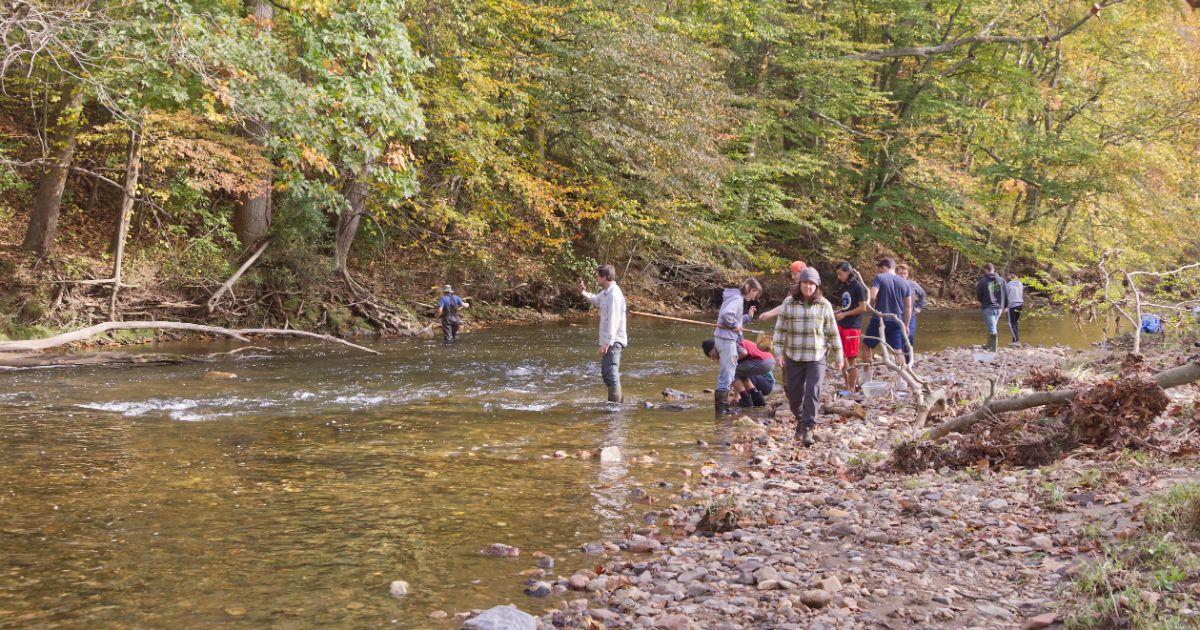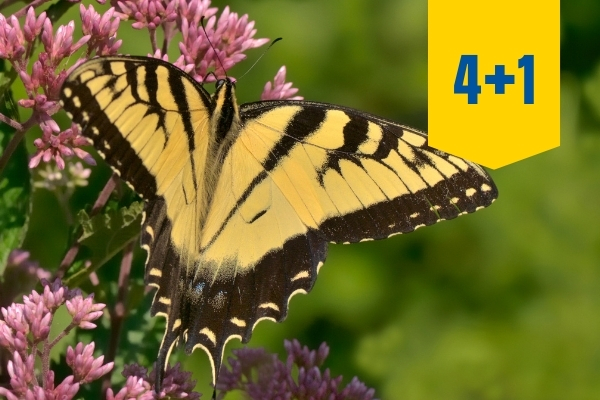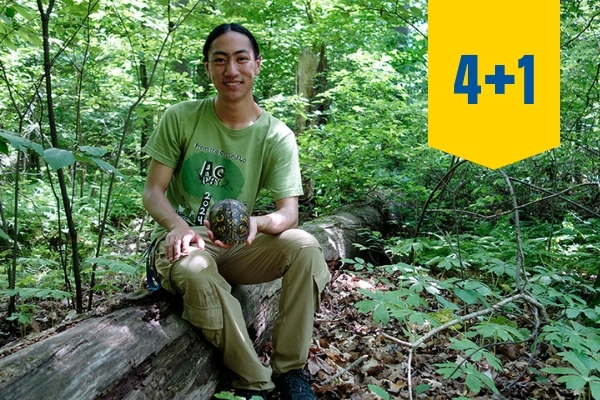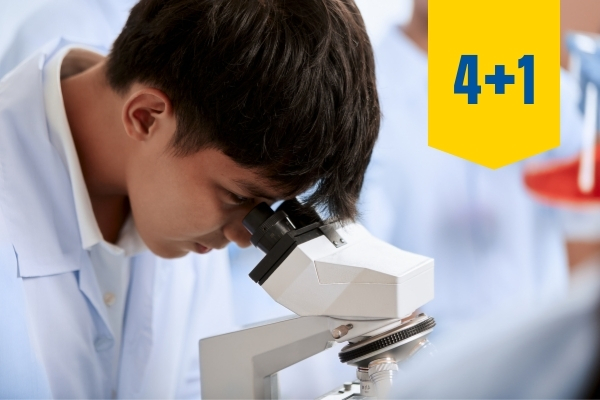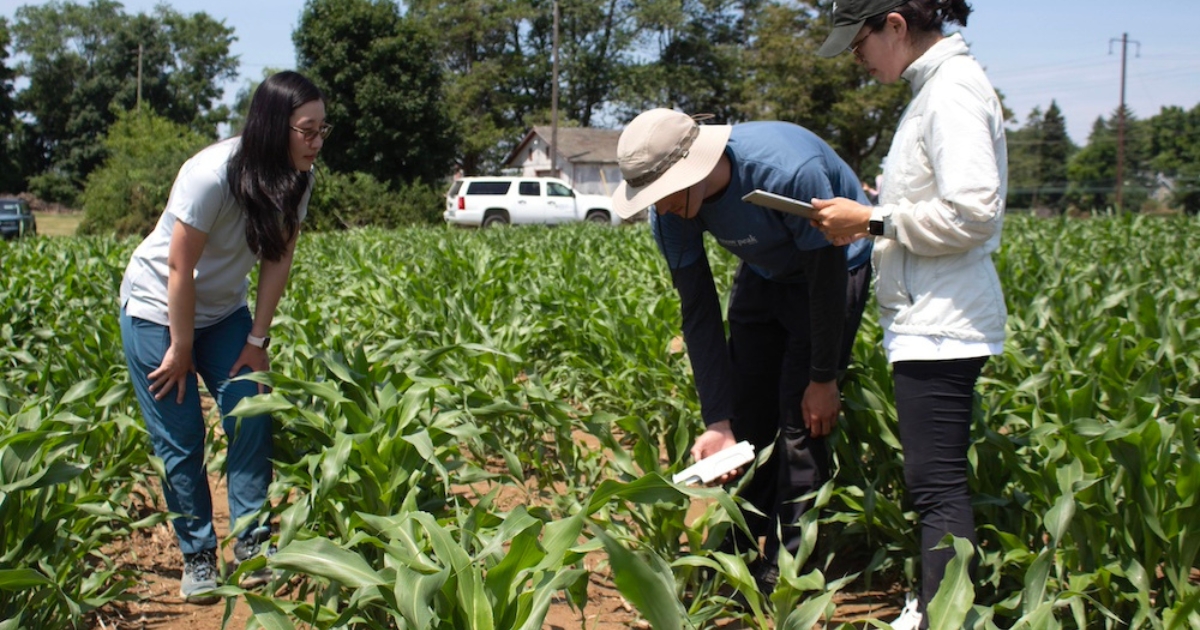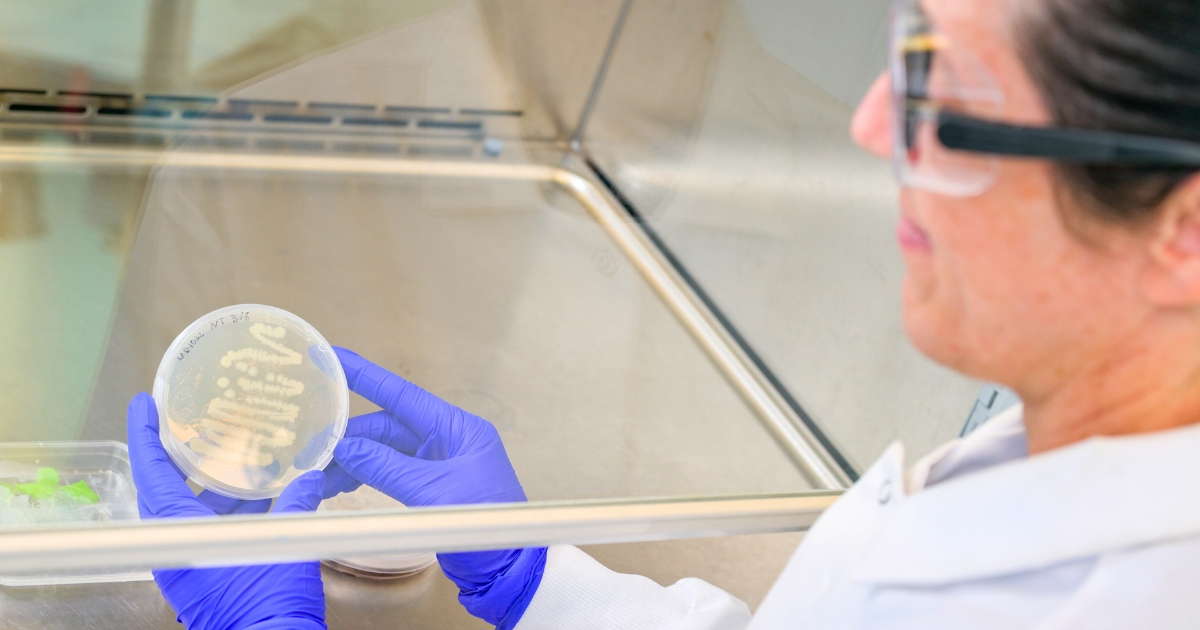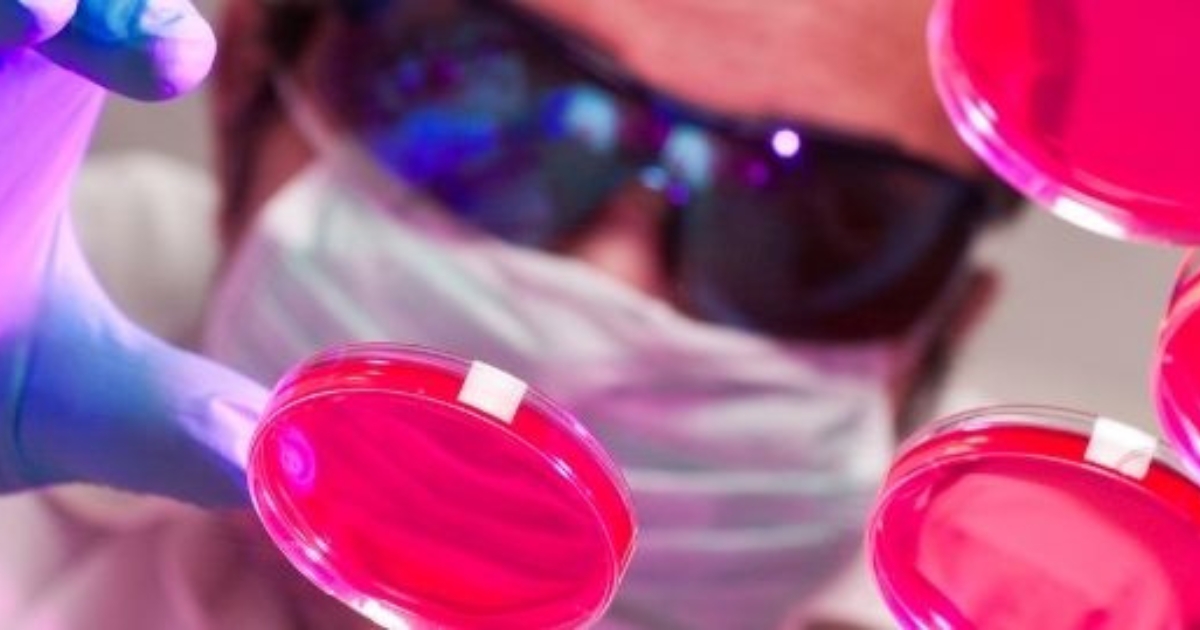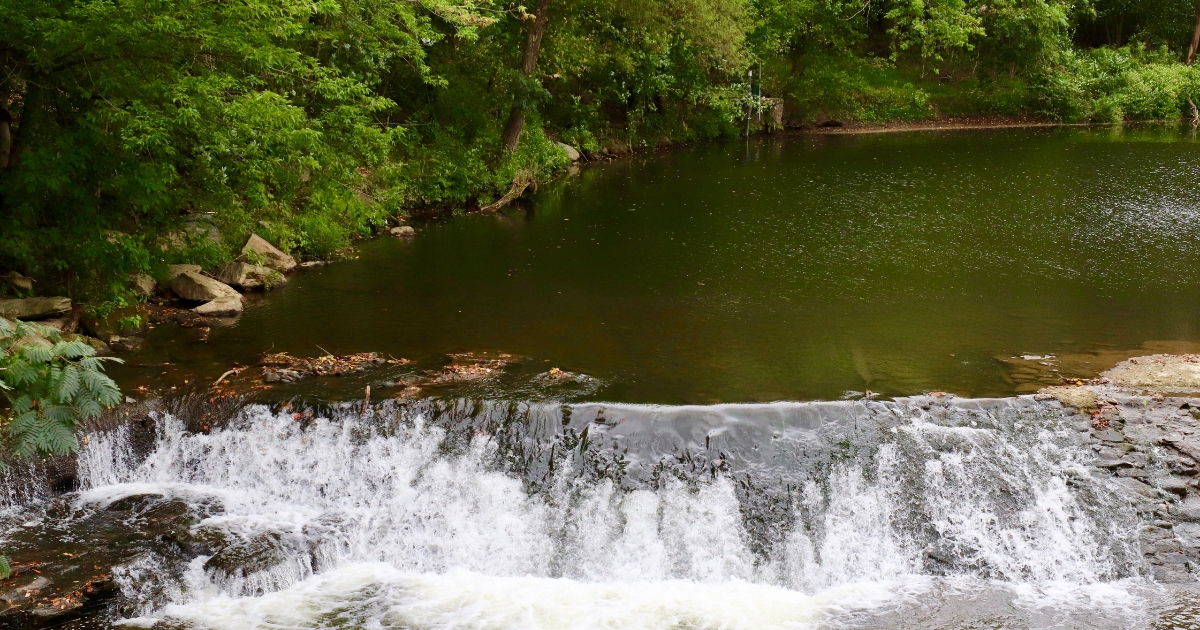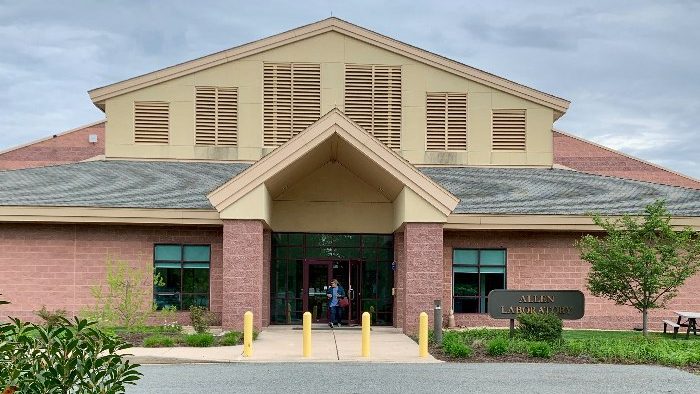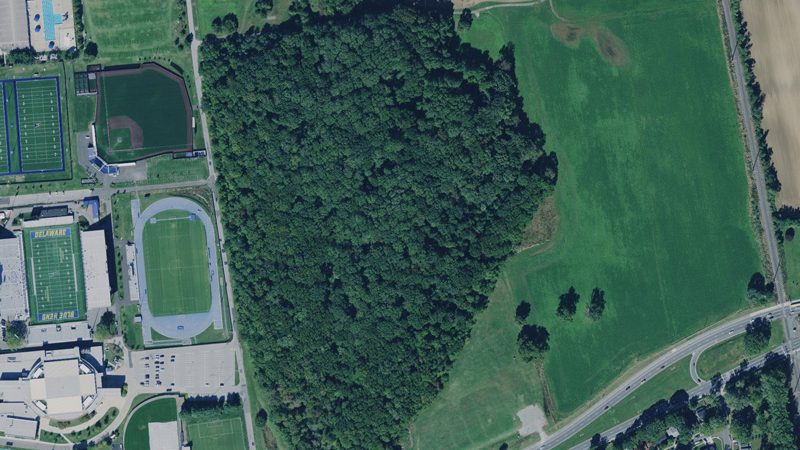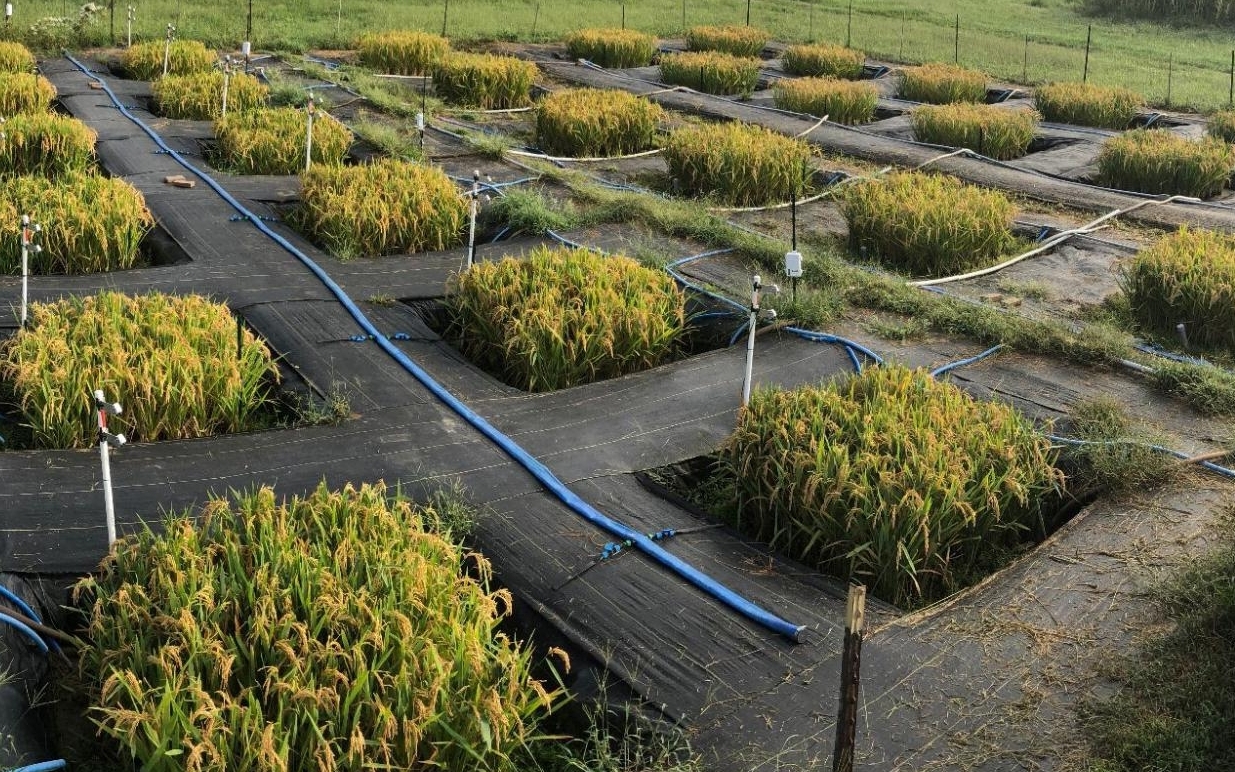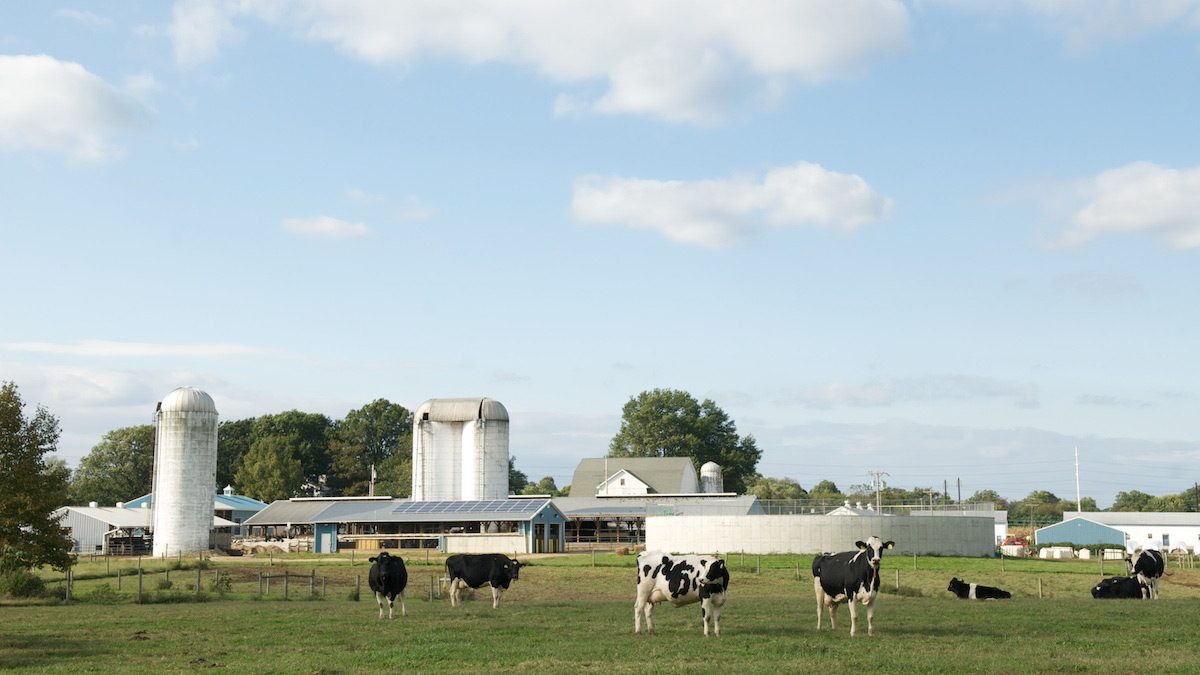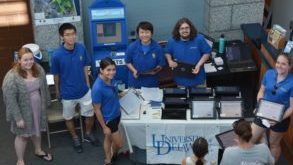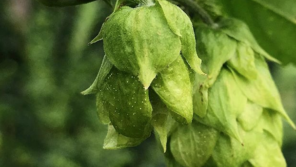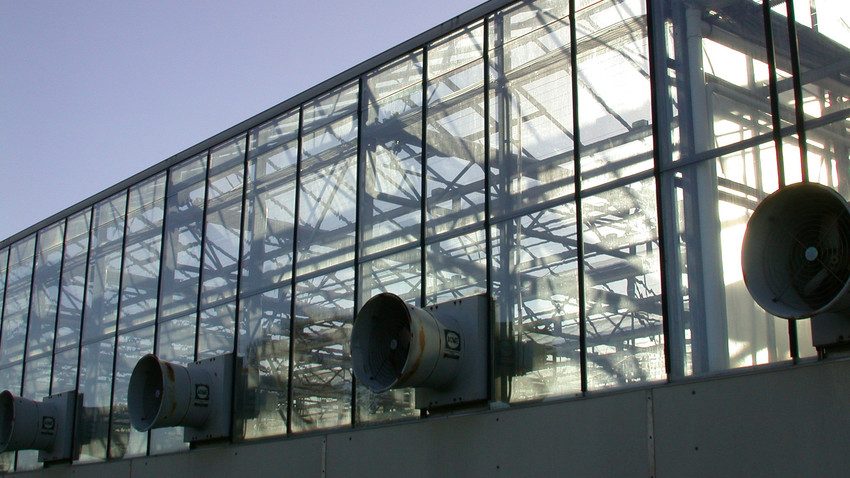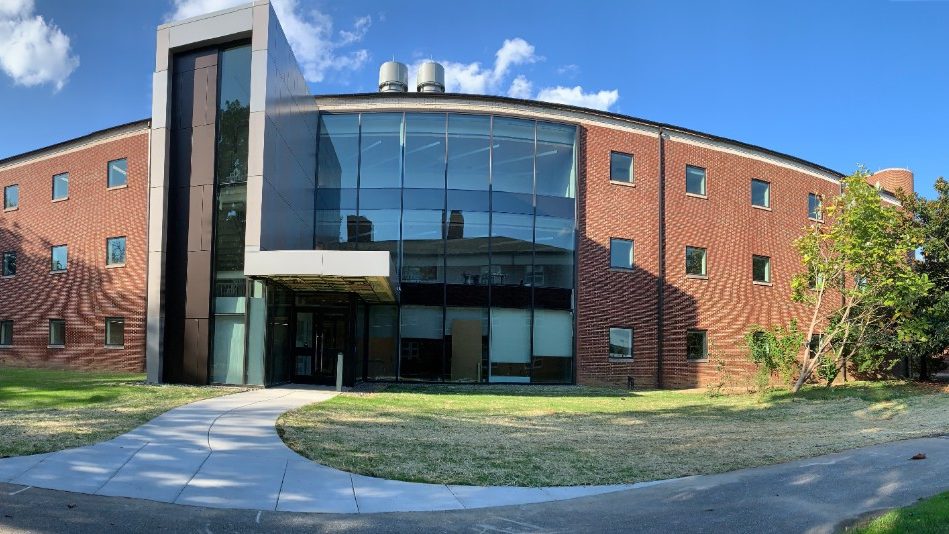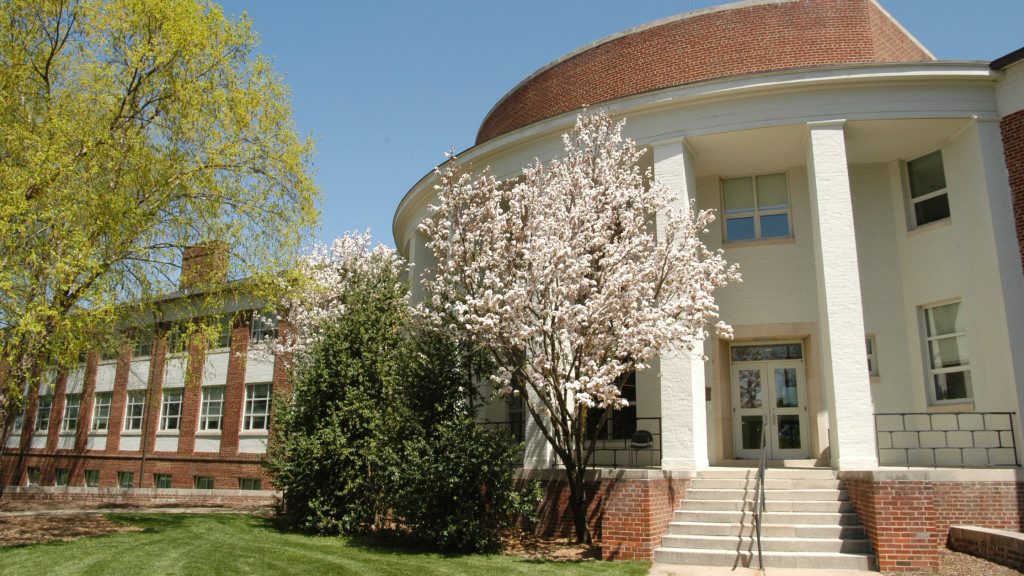
Graduate Programs
Push your success to the next level
The College of Agriculture and Natural Resources' graduate programs, which include both funded and self-paying, are characterized by individualized advising, engaging coursework, and faculty who are personally committed to the success of their graduate students. Our campus includes newly renovated laboratories, a state-of-the-art greenhouse complex, modern computing facilities, wetlands and ecology woods, farm animal facilities, and agronomic field plots.
Funded M.S. and Ph.D. programs are characterized by highly competitive graduate stipends, cutting-edge research in basic and applied disciplines, and travel opportunities for participation in professional meetings. Our self-paying master's programs are coursework-based, offer more flexibility, and excellent student-to-faculty ratios.
Animal and Food Sciences
Animal and Food Sciences 4+1 Programs
Bachelor's + Animal Health
Bachelor's + Applied Animal Science
Bachelor's + Secondary STEM Education
Food Science + Food Technology
Applied Economics and Statistics
Applied Economics and Statistics 4+1 Programs
Entomology & Wildlife Ecology
Entomology & Wildlife Ecology 4+1 Programs
DESIGNED FOR DISCOVERY
-
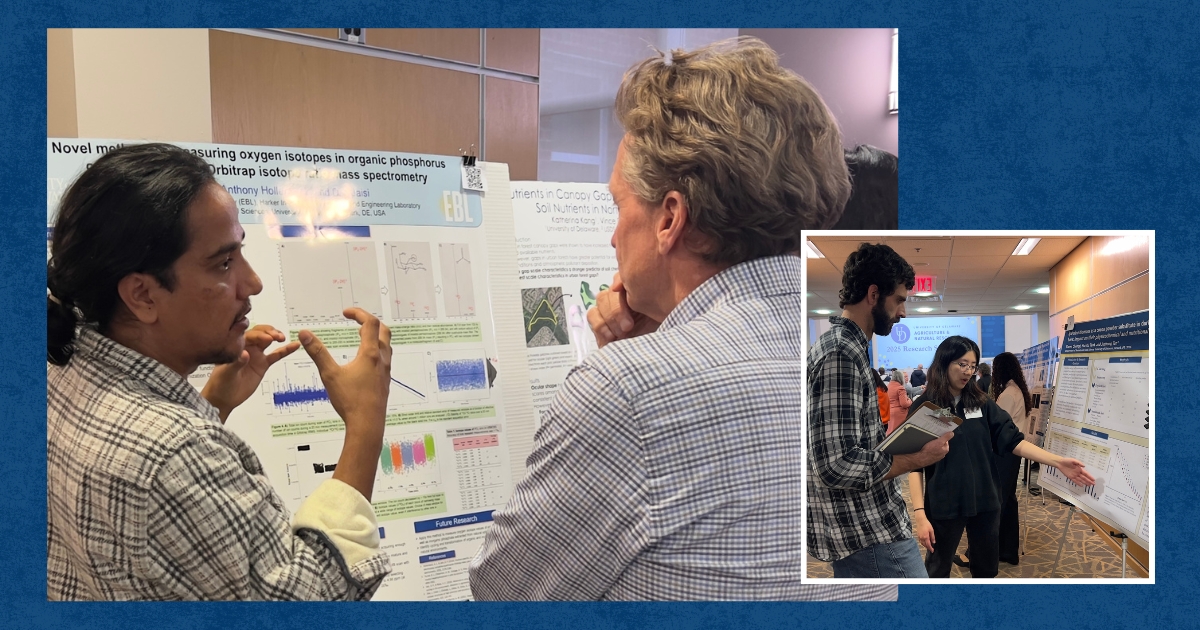
Showcasing research across the College of Agriculture and Natural Resources at the 2025 student symposium
December 03, 2025 | Written by Katie Peikes | Photos by Katie YoungThe University of Delaware College of Agriculture and Natural Resources Fall 2025 Student Research Symposium, in its ninth year, showcased 50 research projects, covering a variety of interests and topics across the college. The annual symposium brings faculty, students and staff together to celebrate the diverse research interests of the college. -
Sticky situation
December 01, 2025 | Written by Katie Peikes | Photos by Kathy F. Atkinson | Photo illustration by Jeffrey C. Chase | Video by Max DuganUniversity of Delaware graduate student Wil Winter is trapping mosquitoes in the wild, enticing them with honey, and tricking them to give up saliva for virus testing. This will help illuminate if disease-causing agents for West Nile Virus and Eastern Equine Encephalitis virus are in the area. The method was developed in Australia. Winter, who also works for the Delaware Department of Natural Resources and Environmental Control, is hoping it can work here. -
A friendly microbial hitchhiker
October 13, 2025 | Written by Katie PeikesIn plants, a healthy bacteria produces an amino acid called ergothioneine that can lower the risk of cardiovascular disease. This bacteria could boost crops’ nutritional value. University of Delaware researchers studied how well Streptomyces coelicolor M145 could enhance ergothioneine levels in spring wheat. The findings suggest there are natural ways to enrich crops’ protein, to help feed the world.

